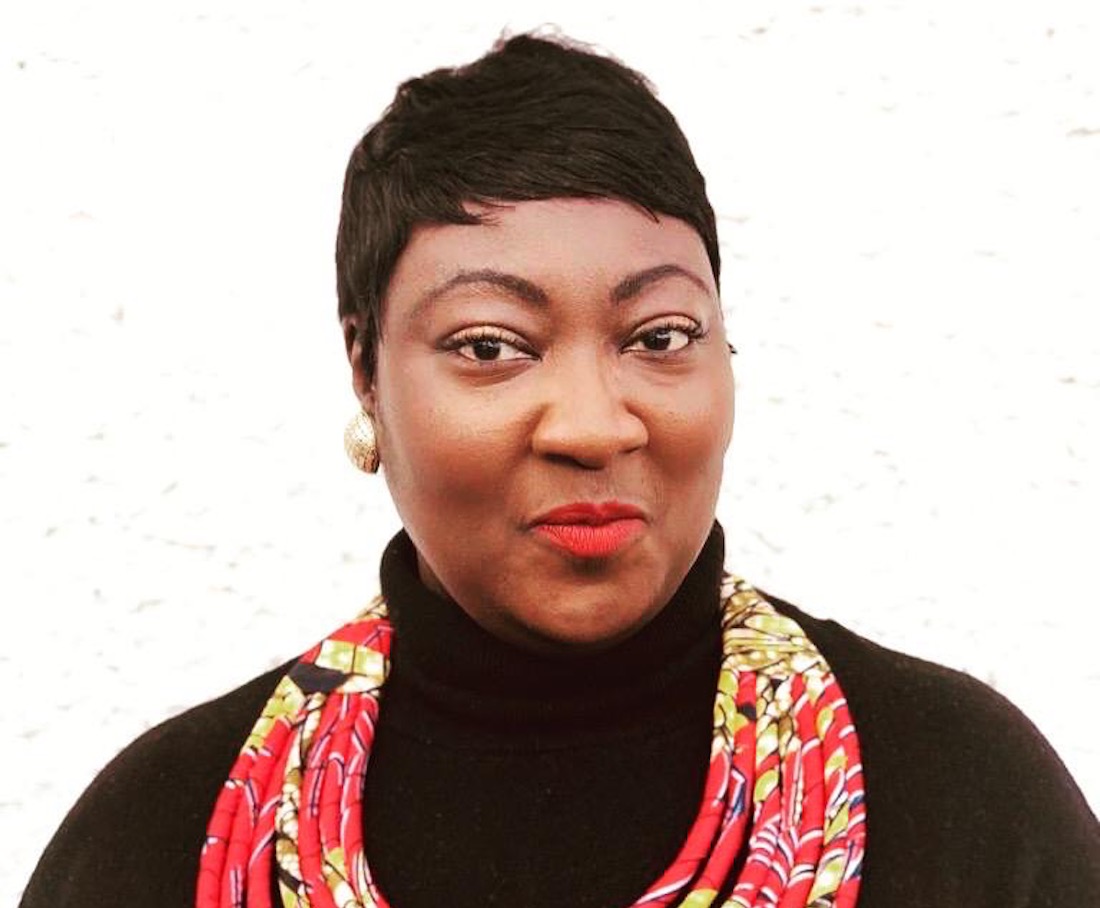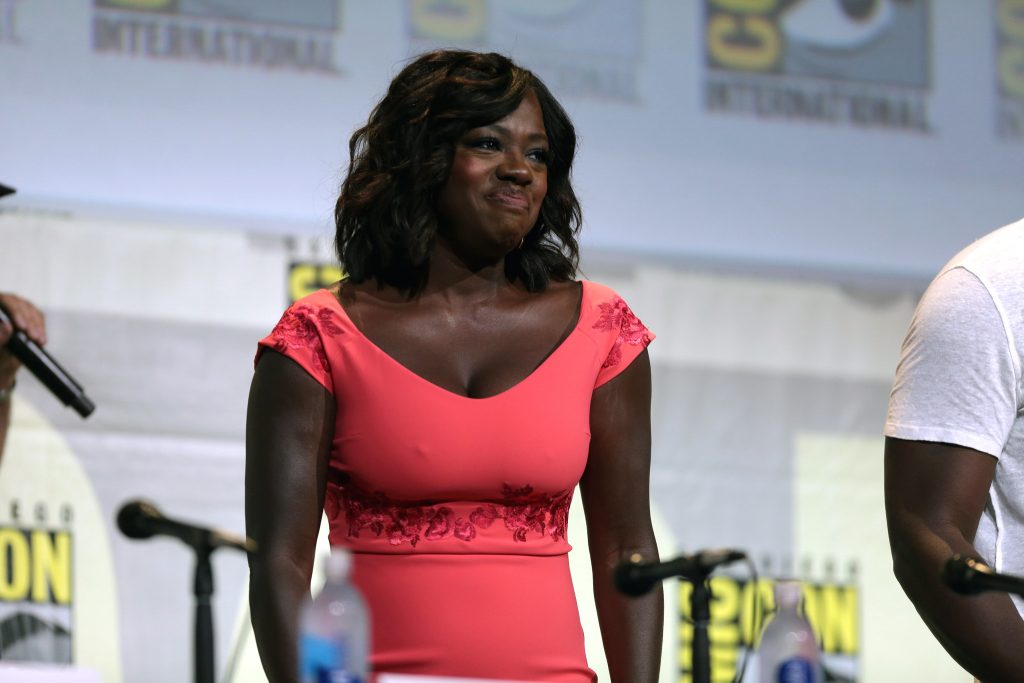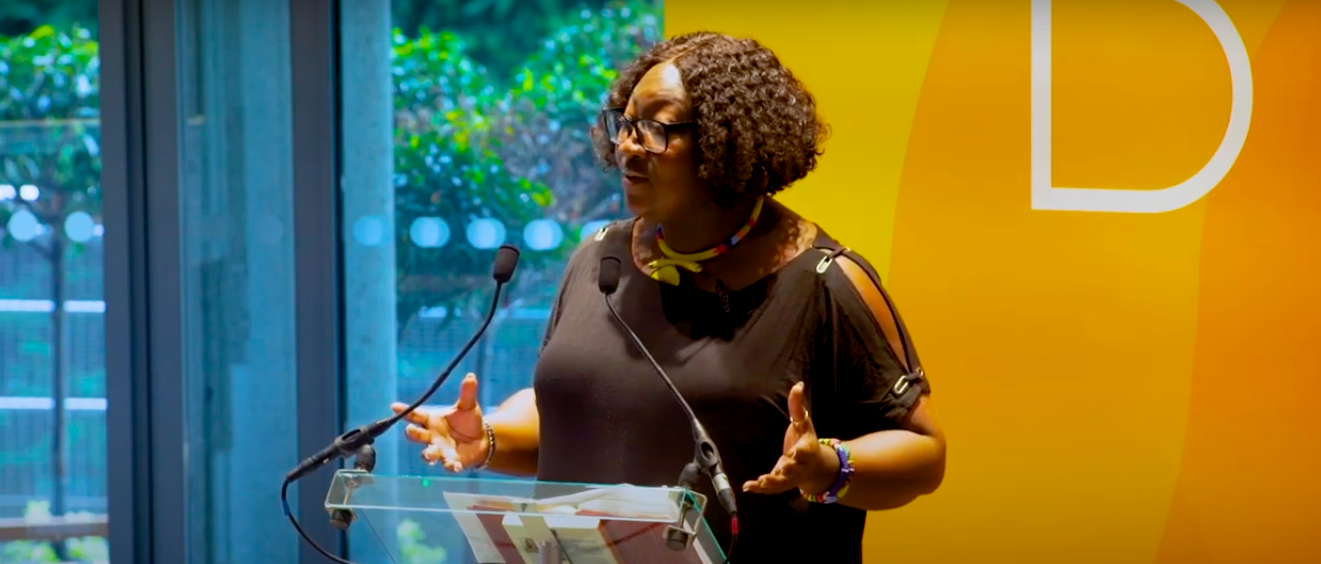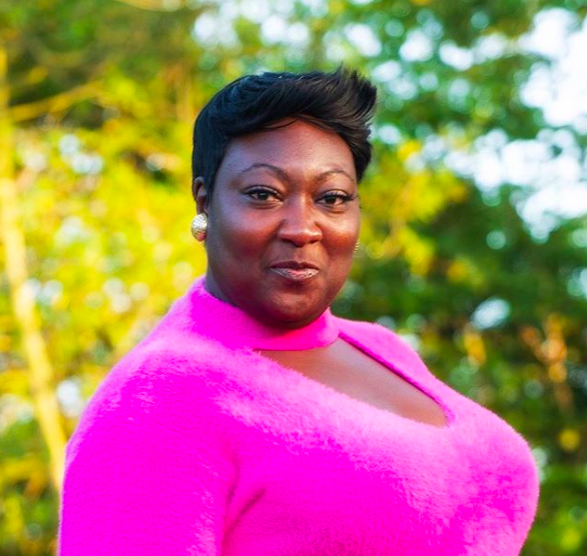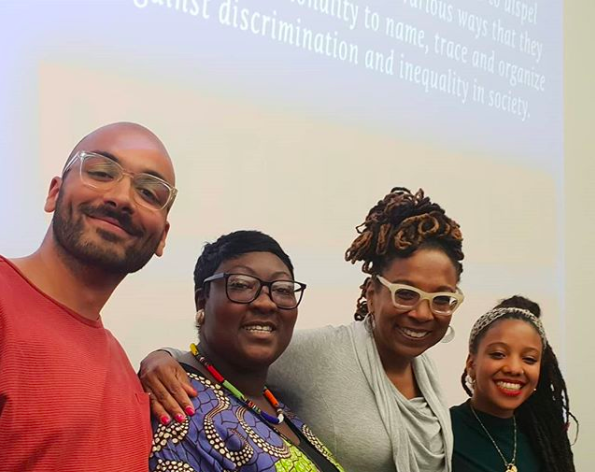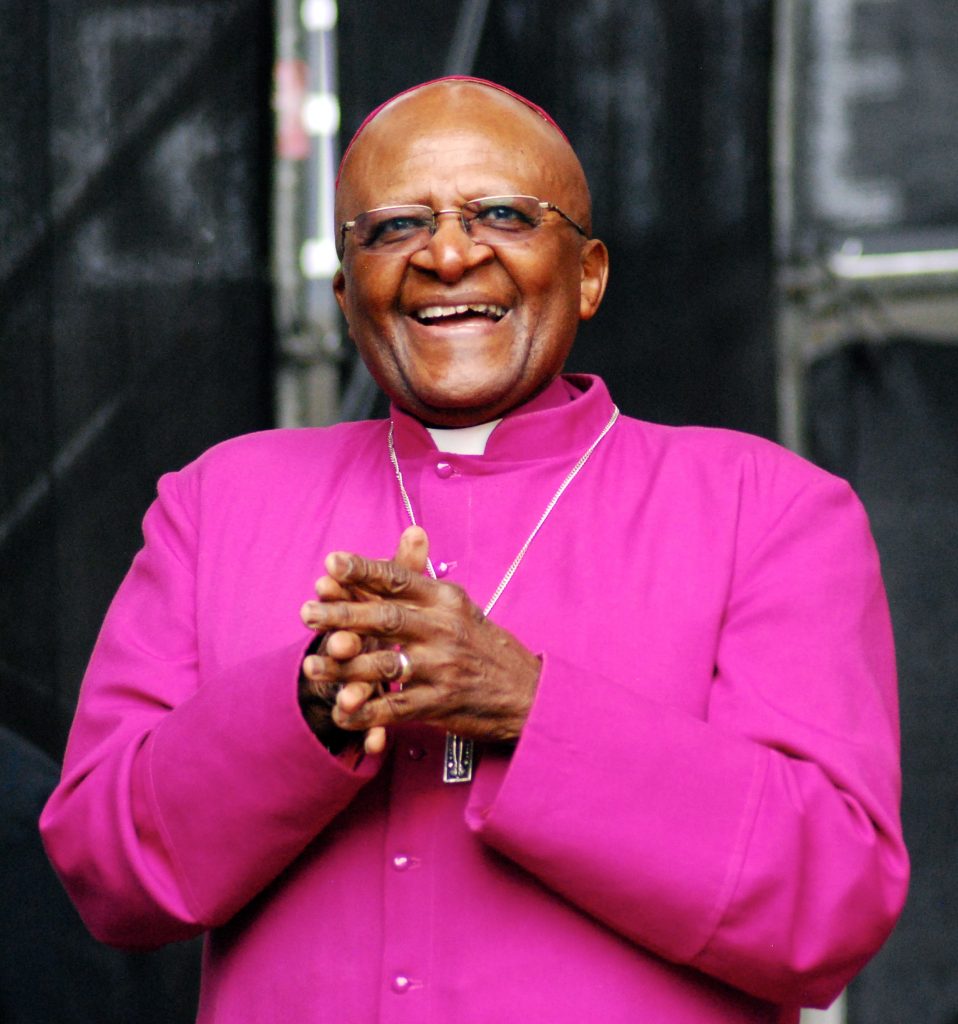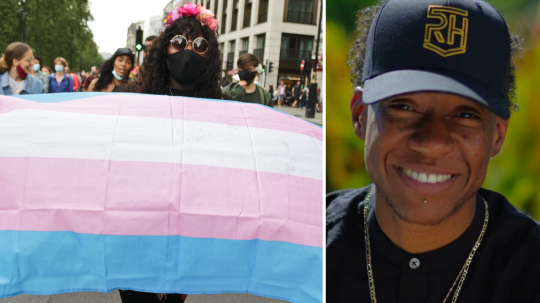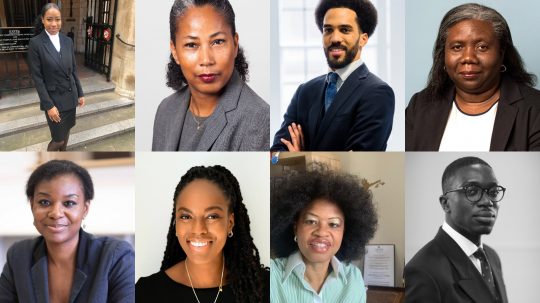“I would say that you are loved, you are worthy, you’re brilliant, you’re beautiful, you’re amazing,” says Phyll Opoku-Gyimah, when I ask what advice she would give to her ten-year-old self. “There will be times where it feels like people don’t like you because of the colour of your skin – because you’re Black. But just know that you are great, and will go on to do great things.”
Phyll, widely known as Lady Phyll, is best known for her work as executive director of UK Black Pride, which celebrates and campaigns for the rights of LGBTQ+ people of African, Asian, Caribbean, Middle Eastern and Latin American descent. In the 15 years since she co-founded UK Black Pride in 2005, on the back of a trip with a bus load of queer Black women to Southend-on-Sea, Lady Phyll and her festival have become hugely successful. In 2018, Lady Phyll was invited to walk the red carpet with actor Andrea Riseborough at the Baftas, and UK Black Pride’s festival was headlined last year by Grammy-nominated singer MNEK. The organisation has won the backing of major pop group Little Mix, too.
In normal times, Lady Phyll and her team would have recently wrapped up UK Black Pride’s annual festival in London. But the Covid-19 pandemic meant that this wasn’t possible. Instead, UK Black Pride has just finished co-hosting a two-week festival called Pride Inside with Amnesty International, Stonewall, Gendered Intelligence, and ParaPride. On top of all this, Lady Phyll is also the executive director of Kaleidoscope Trust, a charity that works to uphold the rights of LGBTQ+ people living in the Commonwealth.
We speak over a video call in early June, against a backdrop of mass anti-racism protests held across the world following the horrific killing of George Floyd in the US. Over the course of our wide-ranging 30-minute interview, we gain an insight into some of the many facets of Lady Phyll. There is the proud mother, who praises her daughter’s wisdom. “I’m proud of my daughter because she gets it, she understands it and she’s the next generation,” she says.
Then, there are her bright ambitions for the future – Lady Phyll wants to visit all of the Seven Wonders of the World and, one day, to own the “largest and biggest queer nightclub for all of us just to enjoy”. There is also the principled activist, who in 2016 turned down an MBE because of the on-going persecution of LGBTQ+ people across the world under laws put in place under the British empire. “I actively resist all notions of empire, because of what it has done to many people, like myself and others,” she explains. She speaks of how there needs to be greater “understanding [of] what colonialism has done” in constructing systemic racism.
UK Black Pride has got you – and I certainly see you
Lady Phyll
She is honest but forgiving, too. When I ask a badly-phrased question, which I wish I had worded more sensitively, about how the anti-racist protests sparked by the death of Floyd have made her feel, she responds graciously. Visibly emotional, she explains that she wants change instead of talking about how she feels. “The horrendous, brutal murder, which was recorded of George Floyd, makes me feel angry for every Black person that constantly has to go through our hurts, our trauma, our pain. And sometimes we don’t want to talk about how we feel – we want action,” says Lady Phyll.
She calls on white people to “educate themselves” on the history of racism, and also to confront others. “That’s what I’d like you to do – challenge where my voice can’t be heard because I’m crying or because I’ve been shut out of the room or because I’m not seated at the table,” she tells me. And, she’s got some comforting words of advice for Black LGBTQ+ people right now: “UK Black Pride has got you – and I certainly see you.”
Watch our video interview and read the Q&A below.

